You can rightly call Guido Aaldering a Dutch organics pioneer. In 1993 he started growing organic arable products and packaging organic onions. Aaldering stopped farming in 2005 to focus entirely on packaging organic onions. "It was thought that market share would reach five percent in 1995, ten in 2000, 15 in 2015, and more than 20% by 2020. That didn't quite happen," begins Guido.
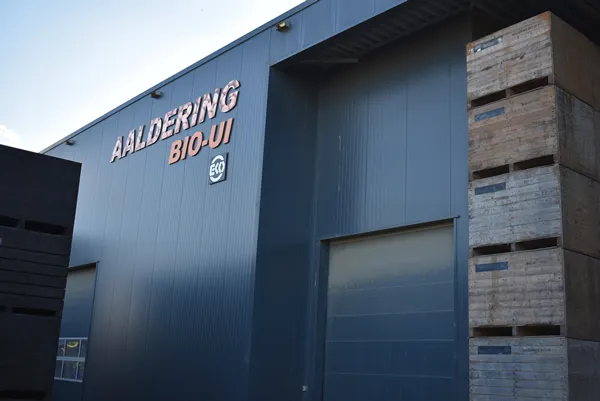
In 2010, he began using a new sorting and packaging station in the Netherlands, which, over the years, has had its ups and downs. "It's currently dead quiet. Inflation is generally tough on organic product sales. And German packers, for example, are presently noticeably cautious about committing."
"I think organic onions will start selling in the spring. But, at what price, I don't know. Our onions store well until at least June. Last year wasn't a great one for organic onions, either. Expectations were sky-high because of a lower harvest, but those weren't met in the end," says Guido.
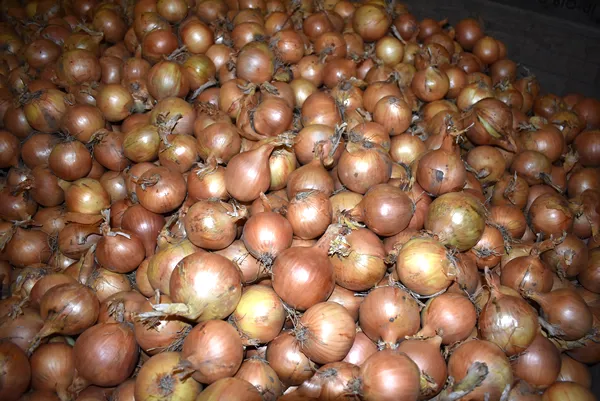
Aaldering is not interested in price wars. "By now, we've found our niche in the market. We used to be a service company, but we've always plotted our own course and certainly aren't an aggressive market player. I'd much rather build relationships. We work with a regular group of organic growers and work well with some fellow trading companies too. We, for instance, store and transship onions for several import and export companies. In the summer, we work with Egyptian onions, and so process organic onions year-round."
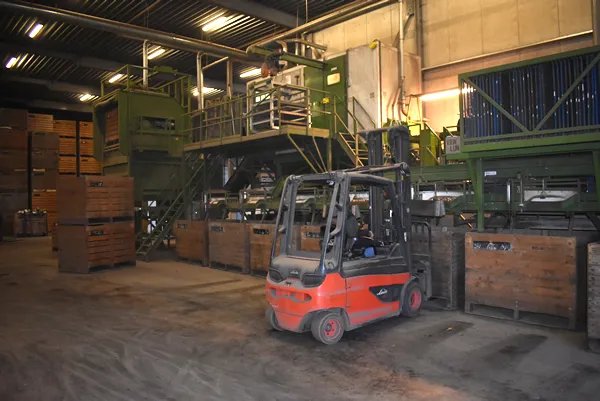
"Costs for things like labor and energy are sky-high, so growers are far less eager to switch to organic onion cultivation," Guido remarks. He says that's even truer for organic shallot cultivation. "That's an incredibly expensive crop. I wouldn't recommend any grower plant a few hectares of organic shallots for the free market."
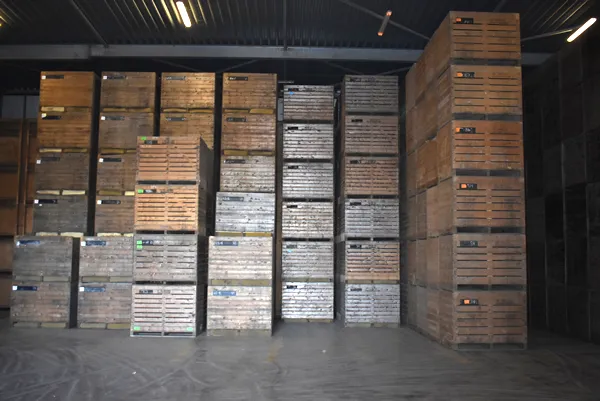
Aaldering Bio-UI deliberating chooses to only process organically-grown onions. Conventional onions can, thus, not get mixed in, and there is no danger of crop protection product residues. "Plus, for me, organic stands for dealing responsibly with people, products, and the environment. This year's organic onion quality is very different. There are good, but also many bad batches," Guido notes. "Fusarium is hugely challenging for organic onion cultivation. Now, fortunately, we also know how to sell the lesser quality onions well to the industry."
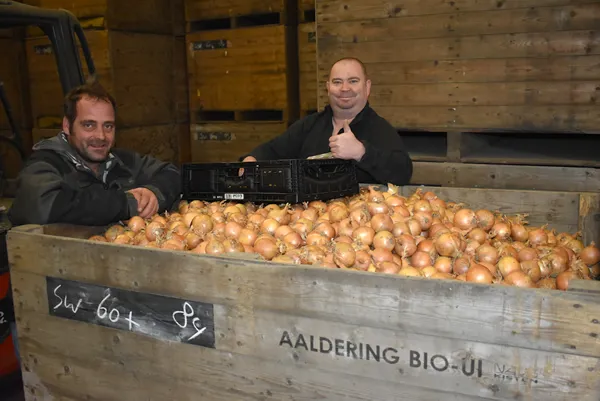 Part of the Aaldering Bio-UI team
Part of the Aaldering Bio-UI team
What distinguishes Aaldering Bio-UI? "We're not into big talk; we prefer keeping things honest and realistic. We have a good, close team of seven regular employees who are all passionate about organic onions. We try to put our best foot forward for everyone. We're not a big company, but our certifications are in good order. And thanks to our network, we always have organic onions available," Guido replies.
For more information: Aaldering Bio-UI
Aaldering Bio-UI
2 Wentelploeg
8256 SN, Biddinghuizen, NL
Tel: +31 (0) 653 398 164
Email: info@bio-ui.nl
Website: www.bio-ui.nl
